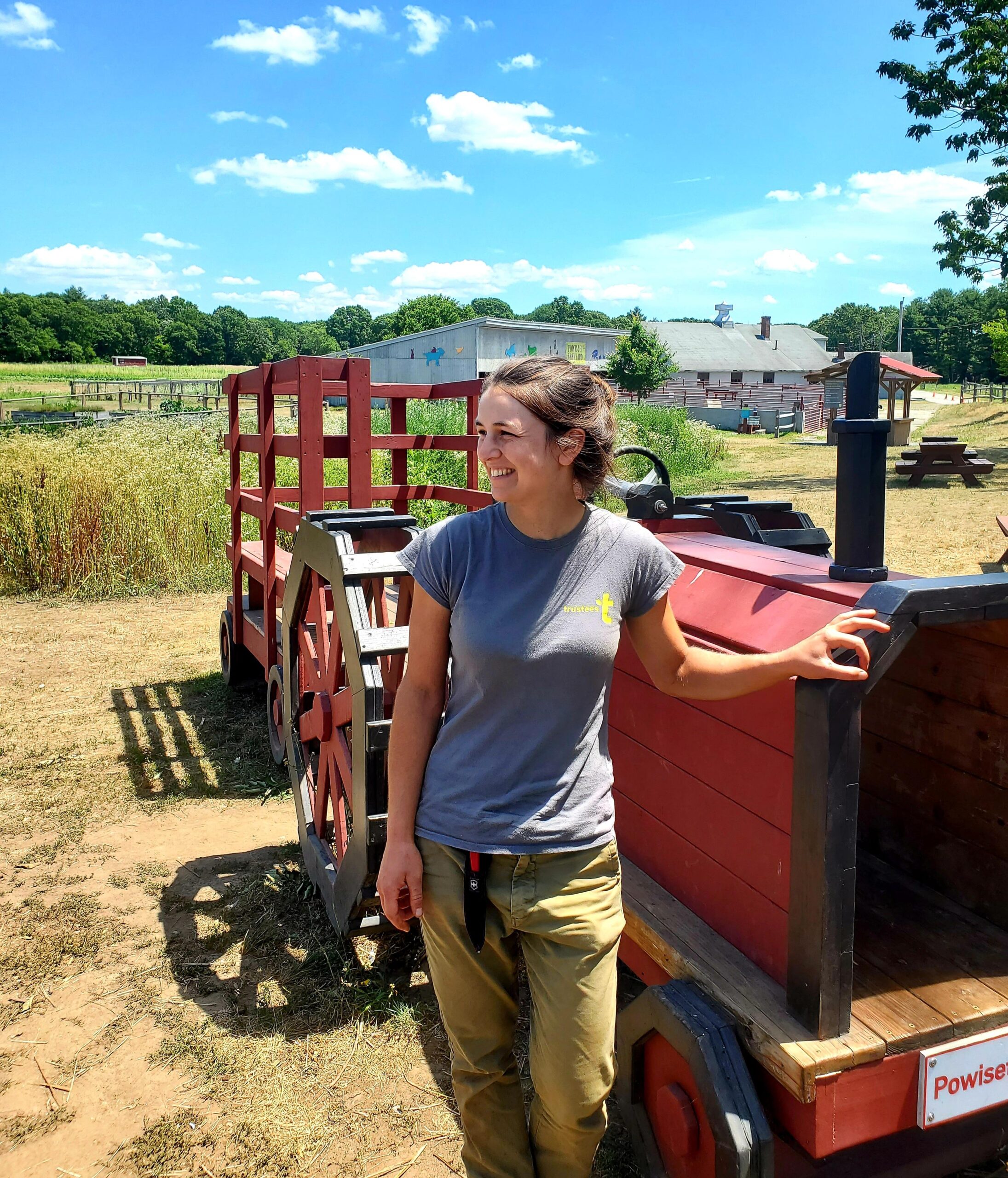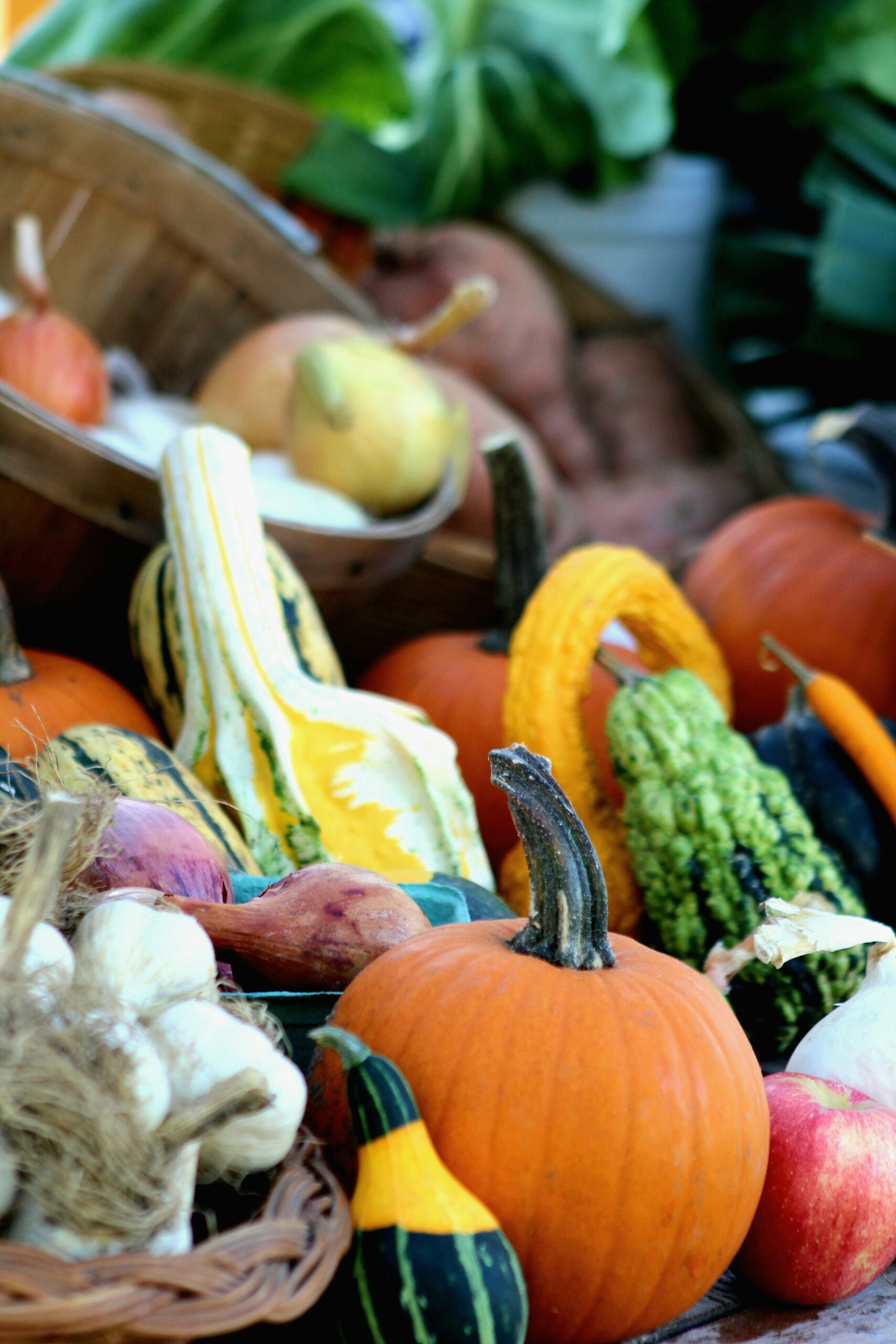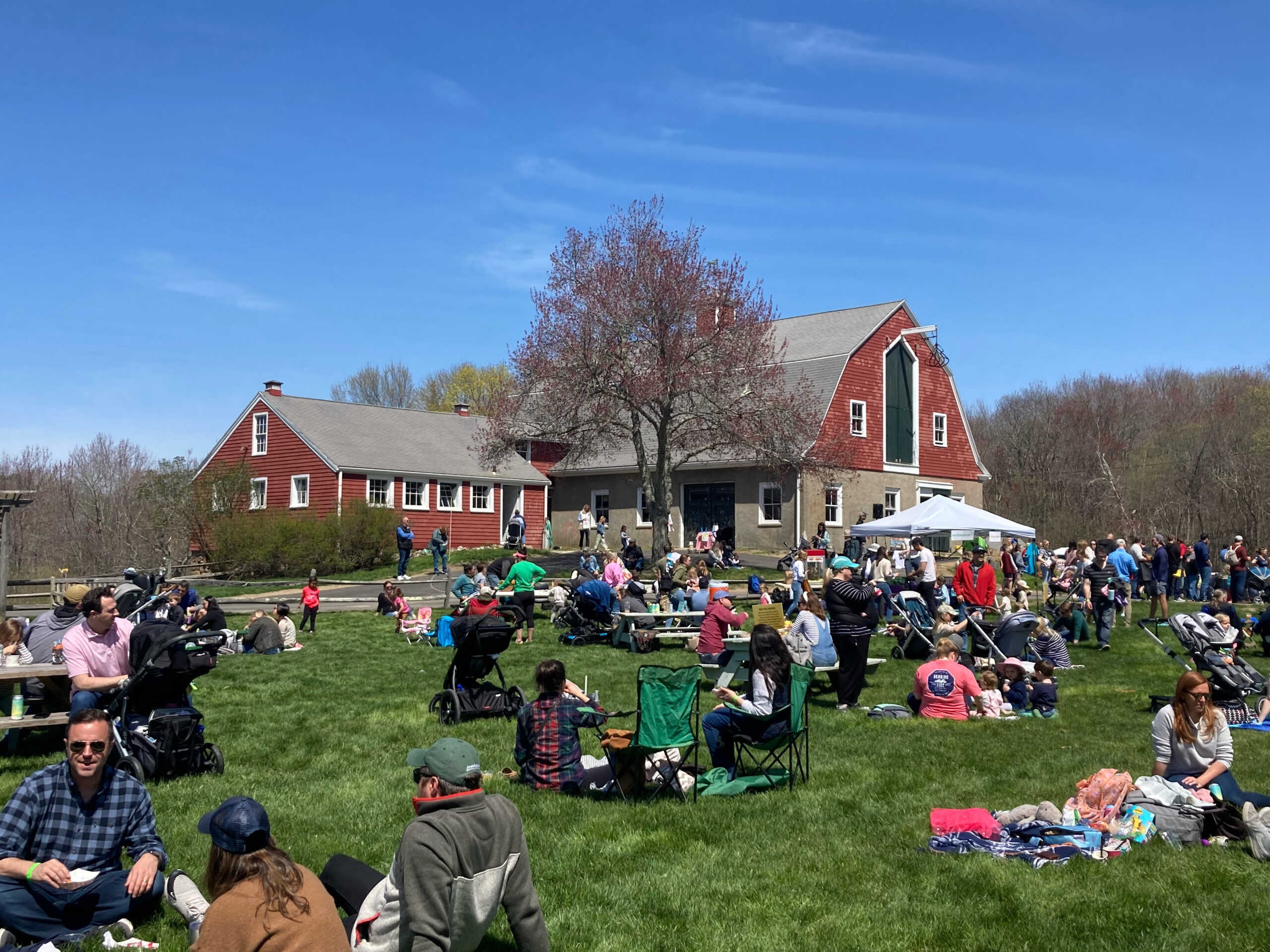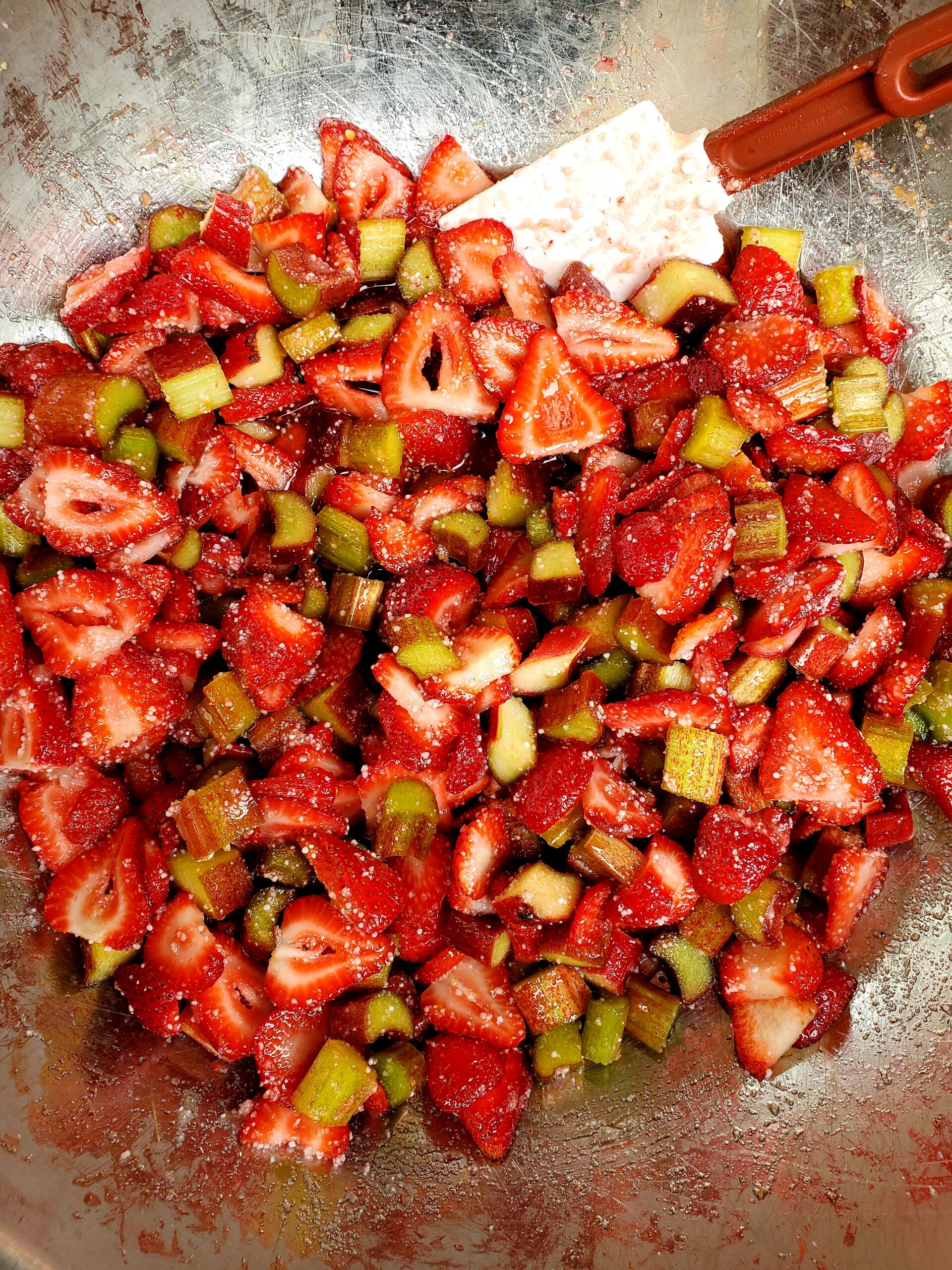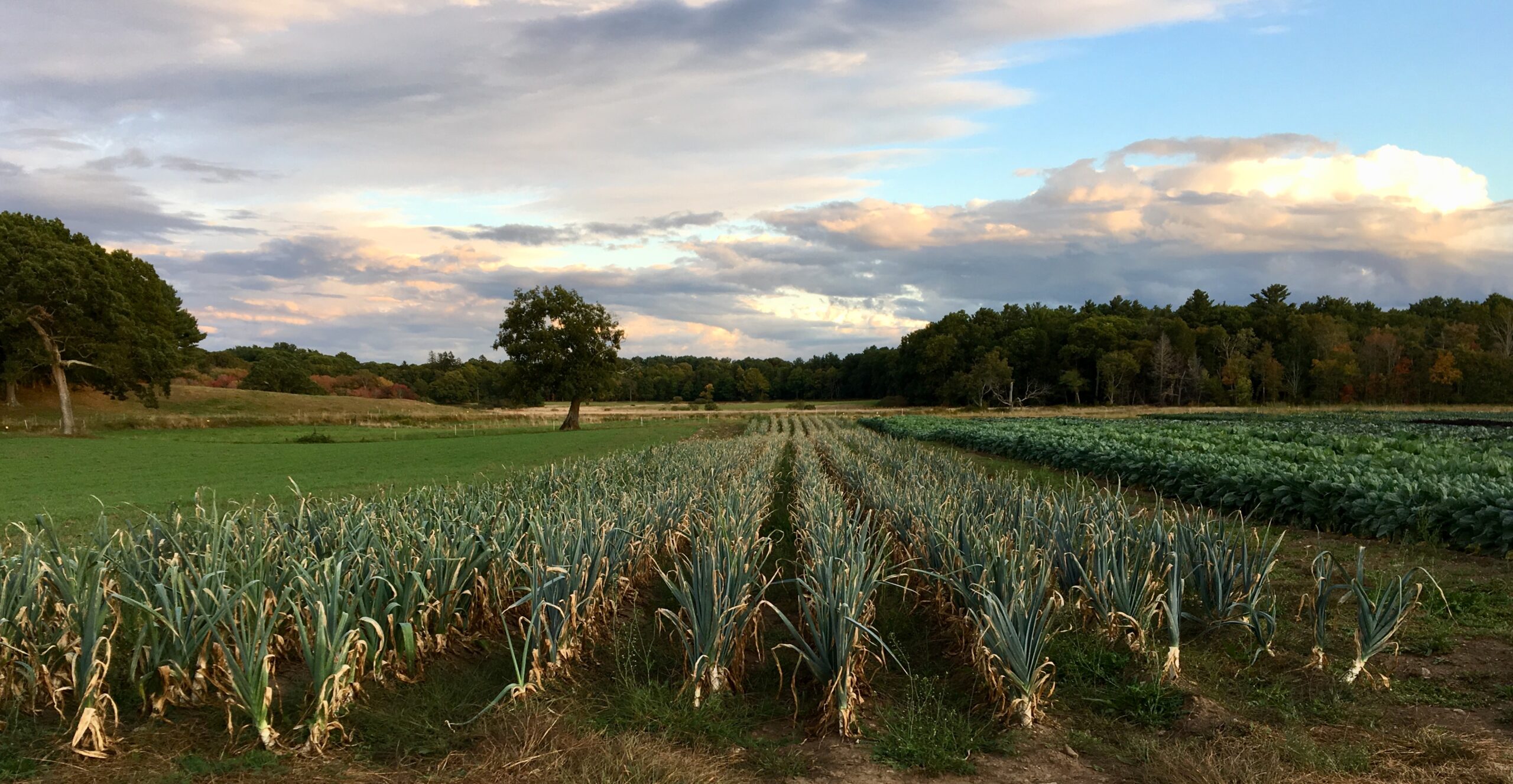How did you get into farming?
I actually graduated in mechanical engineering and then I was working for a building energy efficiency program for a while in California. I decided I wanted to get outside and that farming is another way to pursue sustainability, one I have always been kind of personally into. The idea appealed to me a lot, I wanted to see what the day to day looked like and kind of learn hands on about sustainable agriculture and why certain decisions are made. That’s how I got from mechanical engineering to here.
Had you ever worked on a farm before?
No, I hadn’t. I had done a gardening job in the past, but it was not strictly vegetables.
Just prior to joining us, you were at the energy efficiency job?
Yes, I was there until November and then I moved out here in November from California. I miss California, it’s a great place, but my mom’s out here and my boyfriend’s family is out here, so we decided it would be a good time to come out.
Where in California?
The bay area, Marin County. I like it out there a lot, and I feel like it’s a different approach to agriculture, too. I haven’t farmed out there, but we had a CSA that was delivered and it seems like it’d be very different to be farming year-round in California as opposed to here.
What was your experience like with that CSA?
Their structure was that they’d deliver a box to a street nearby and we’d go pick it up from that pickup location, and it was also year-round.
What’s your impression if the CSA model in general?
I think CSAs are a great idea. They are kind of more formed to how a farm works. You don’t know exactly what produce is going to be in abundance and what’s going to fail. It seems to make a lot of sense, from my perspective as a new farmer and someone who hasn’t been in this field for very long. From my personal experience, I would say that having a CSA has been fantastic for introducing me to seasonal cooking, it made me more interested in cooking. From the other side of it, it’s been great here at The Trustees to be able to meet all the CSA members and hear them talk about all the produce. I get to share with them what we picked today, what issues there might have been, or what exciting things we found out about that vegetable.
Do you find farming connects to your own interests, passions, things you’re excited by or things you want to do?
I surprisingly have found a lot of cool connections to the engineering mindset that I developed in college. The approach to problem solving that you find in farming is really kind of urgent and straightforward. For example, when an implement for the tractor goes down, it needs to be fixed right away. On one of those days, we went over and had to search through this whole bin of rusty parts for things that might be able to help make this implement work for the time being, you know, and just cobble together a solution. I really love that type of problem solving. And I think it’s helped me grow, too, in my engineering mindset and in my problem-solving mindset. That kind of tied back to what I was doing before. Another thing that really appeals to me is the sustainability aspect of things. The fact that this is an organic farm was pretty cool and I would love to learn more about how to work with the land and with the soil and the microbiome and all of that to produce food for everyone. There’s a really cool systems approach to things.
What’s a typical day like? Is there a typical day?
Right now, since we’re kind of in the middle of the season, it is a lot of going out to harvest in the morning and that’s always a little different and changing. We’ll typically go out and harvest those things and come back and wash them. In the afternoon, it’s whatever needs doing, so it could be weeding things either by hand or with a tractor, it could be planting or transplanting plants for the fall, it could be setting up irrigation, or other tasks around the farm that need to happen.
What’s the most surprising or challenging thing you’ve encountered in that variety of tasks?
I was really scared of the tractors at first, it took me a while to kind of get used to them. I was also discouraged because it’s kind of hard to drive straight in a tractor, harder than I expected. There were definitely some beds I made that are crooked in the middle and I’ve wiped out some vegetables. Everything else has been a joy. It’s really cool to be able to grow a plant from a seed, be a part of that whole process, and then see it get harvested. And to talk with everyone who’s going to eat it. Some people have really cool recipes for things that I haven’t eaten before.
What’s the plan for moving forward. Sticking with farming?
I don’t know exactly what my plans are, but I definitely want to stick with farming for now. I want to keep learning about it and doing it. I will see what is available after this season, I guess, and go from there.
You’ve caught the farming bug.
I think so. It’s a slightly different perspective, having actually worked behind a desk for a little while, too. I really did love my past workplace and what I was doing and the people around me, but sitting behind a desk got to be really old. And the aspects of it that I did love, I was able to find those things with farming and I was able to also be outside. It kind of enhanced that farming bug for me, because I kind of knew what the alternative was. Now that I’m here, there are so many aspects of it that I’m curious about and I want to learn more about. It’s also become really apparent that every farm does things differently, so it’s really interesting to see the different approaches. I’m really curious about why each farmer does things the way they do and what could be optimized. I’m kind of still in that engineering mindset and I’d love to combine that a little more with farming, to look at it as a system that could be more efficient. It’s definitely still intellectually stimulating for me. A very unique thing about farming is it’s just so all encompassing, you can definitely find aspects that tie into your passions.
